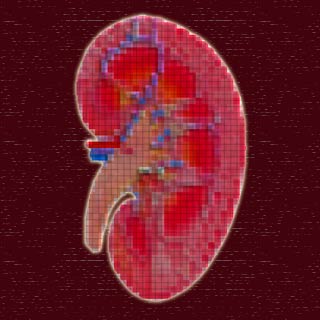
Seemingly, high dietary intake of these minerals is believed to be harmful to patients with kidney diseases. Such patients on dialysis should allegedly control their consumption of dietary phosphate so as to keep a check on the level of their blood phosphate levels. In case of elevation in the level of blood phosphate, dialysis patients may be at greater risk of facing premature death. More so, it was also stated that high blood potassium levels may even possibly result in sudden death in patients suffering from kidney diseases.
The study experts have informed that one increasingly popular source of dietary phosphorus and potassium is believed to be via “enhanced†fresh poultry and meat products. These products are apparently injected with a water solution containing sodium, potassium salts, antioxidants and flavorings. Although injecting products with these elements may prove to be fatal, it is supposedly not mandatory for the inclusion of these ingredients in nutrition labels.
“The burden imposed on those seeking to limit dietary phosphorus and potassium could be ameliorated by more complete food labeling by manufacturers,†say experts.
This is notably the first study of its kind to have assessed the levels of phosphates and potassium present in “enhanced†fresh poultry and meat products. Here, experts evaluated the presence of these contents in a number of “enhanced†and additive-free poultry and meat products available in local supermarkets.
It was observed that the “enhanced†products seemed to have 28% greater amount of phosphate concentration as compared to the additive-free products. More so, some products were even noticed to nearly have 100% higher concentration, comparatively.
On the other hand, additive-free products were noted to consist of lesser than 387mg of potassium per 100gm of protein. However, some products with additives were noted to contain around 692mg of potassium per 100gm of protein.
This study is published online in the Clinical Journal of the American Society Nephrology.
